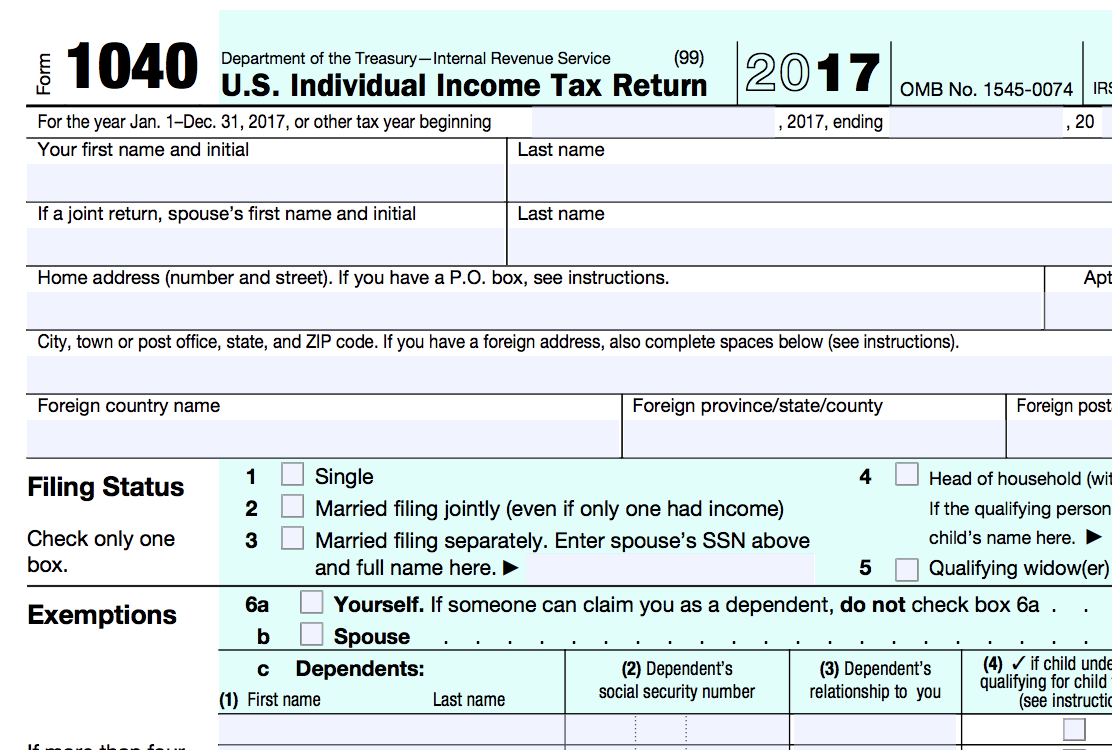Tax Day Got You Down? Try Multiplying by 10,000

Tomorrow the Supreme Court will hear oral argument in South Dakota v. Wayfair, Inc., Overstock.com, Inc., and Newegg, Inc., a case in which the state of South Dakota seeks to assess sales tax on e-commerce retailers with no physical presence in the state. In what is unlikely to have been a coincidence, the case that may alter the future of e-commerce will be heard on “Tax Day,” April 17, 2018, when Americans must file their personal federal income taxes.
Long-standing Supreme Court precedent, including 1992 Supreme Court case Quill Corp. v. North Dakota, has held that businesses are taxed based on where they are physically present. In search of more tax revenue (despite states seeing “significant increases” in tax revenue in Q4 of 2017, according to recently-released U.S. Census Bureau data), South Dakota and other states seek to instead assess taxes based on where merchandise is received, even if that means taxing businesses from out-of-state, or abroad. The consequence is that small businesses, particularly Internet retailers, would be exposed to the obligation to pay sales taxes in jurisdictions across the country. A figure reported by the U.S. Government Accountability Office estimates the number of taxing jurisdictions, conservatively, at 10,000 — a quantity which may put one’s annual Tax Day blues into perspective.
The Wayfair case has the potential to reshape e-commerce in the United States, and abroad. For U.S. ‘e-tailers,’ the obligation may dramatically restrict where they do business, if at all. The decision could trigger “a flood not only of demands for ongoing tax collection but retroactive audits,” according to veteran appellate lawyer Andy Pincus. Those with diverse but low volume sales in many jurisdictions may close up shop, if the cost of tax compliance exceeds the value of the transactions being taxed. Even in an optimistic scenario, businesses might stop servicing regions which generally render fewer transactions. That is, instead of closing completely, e-tailers might stop doing business in rural jurisdictions where compliance costs per transaction are likelier to be higher (perhaps including South Dakota, ironically). Only larger businesses, with the ability to spread compliance costs out over a large number of transactions, would be able to operate lawfully under such a rule. Whereas e-commerce was once thought to be the great equalizer of commerce, a rule that taxes businesses wherever their wares are sent would disproportionately advantage large businesses over small, and brick-and-mortar businesses over e-tailers.
The consequences of a rule where governments can tax businesses that operate beyond their borders would also have international consequences. European governments have expressed great interest in taxing U.S. Internet services exporting to the EU, due in part to the widely held but erroneous belief that digital services pay less in taxes that other businesses.
Strangely, the U.S. Government appeared to endorse protectionist taxation in a baffling brief which suggests that businesses are “present” for the purposes of regulation in every jurisdiction “where their websites are accessible.” At a time when the U.S. Government is pushing back on foreign states’ efforts to tax extraterritorially, it is strange for the Justice Department to be arguing for exactly that in a domestic context, as if its pro-tax position will have no effect abroad. On the contrary, foreign states may take the U.S. Government’s position as an invitation to pursue broader taxes on U.S. exporters, particularly if that position is validated by the Supreme Court.
The case will likely be decided before the end of June.








